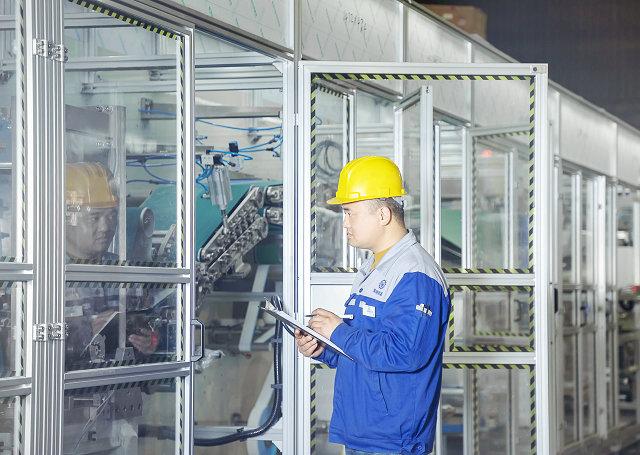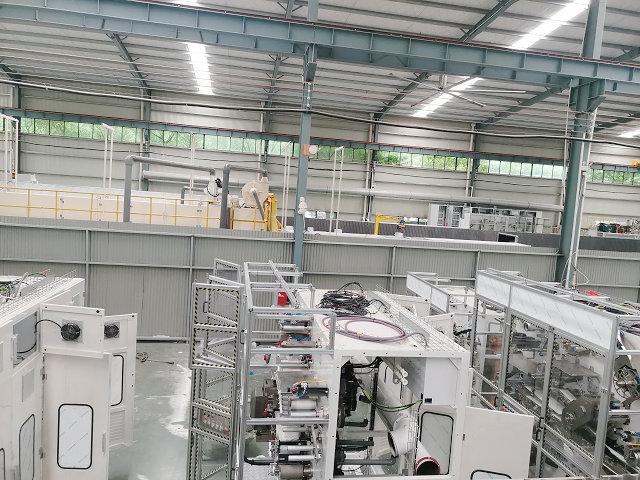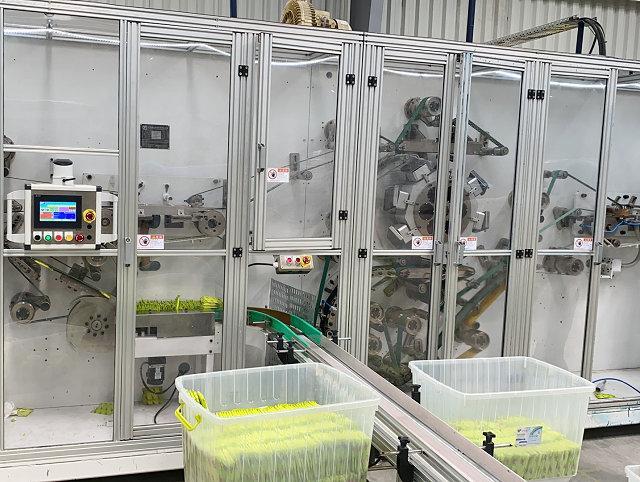Author:Haina Machinery Factory FROM:Diaper Machinery Manufacturer TIME:2023-07-24
Essential Product Knowledge for Baby Pampers Making Machine

The baby hygiene industry plays a pivotal role in promoting the health and well-being of infants worldwide. One fundamental aspect of this industry is the production of baby pampers, which requires advanced machinery to ensure the highest quality and efficiency. To gain a comprehensive understanding of the essential product knowledge necessary for operating a baby pampers making machine, the following article provides insights into three key areas: materials and design, manufacturing process, and quality control.

The materials used in baby pampers are crucial for providing comfort, absorbency, and leak protection. Superabsorbent polymers, high-quality cotton or synthetic fibers, and non-toxic adhesives are commonly employed. The design of the pampers also contributes to its effectiveness. The machine must be designed to handle various sizes, shapes, and features such as elastic waistbands and adjustable fasteners. Understanding the properties of different materials and the design requirements is essential for optimal performance.

The manufacturing process of baby pampers involves several stages. Firstly, the raw materials are fed into the machine, where they undergo various processes such as mixing, heating, and shaping. The machine should be equipped with cutting-edge technology to ensure precise measurements, uniformity, and proper formation of the pampers. Automation is often incorporated to streamline the process and maximize productivity. Furthermore, the machine must have the capability to handle high volumes of production to meet market demands efficiently.
Ensuring the quality of baby pampers is of utmost importance to provide optimal protection for infants. The machine should have built-in quality control mechanisms to detect and eliminate defects during the manufacturing process. These mechanisms can include sensors, cameras, and software algorithms that monitor various parameters such as weight, size, and absorbency. Regular maintenance and calibration of the machine are crucial to sustain consistent quality standards. Additionally, conducting thorough inspections and tests on the finished pampers is vital to guarantee their efficacy and safety.
In conclusion, possessing essential product knowledge for operating a baby pampers making machine is crucial in the dynamic and demanding baby hygiene industry. Understanding the materials and design aspects, grasping the intricacies of the manufacturing process, and implementing effective quality control measures are vital for producing high-quality pampers. By maintaining a commitment to excellence in every aspect of production, manufacturers can contribute to the health, comfort, and overall well-being of babies worldwide.
